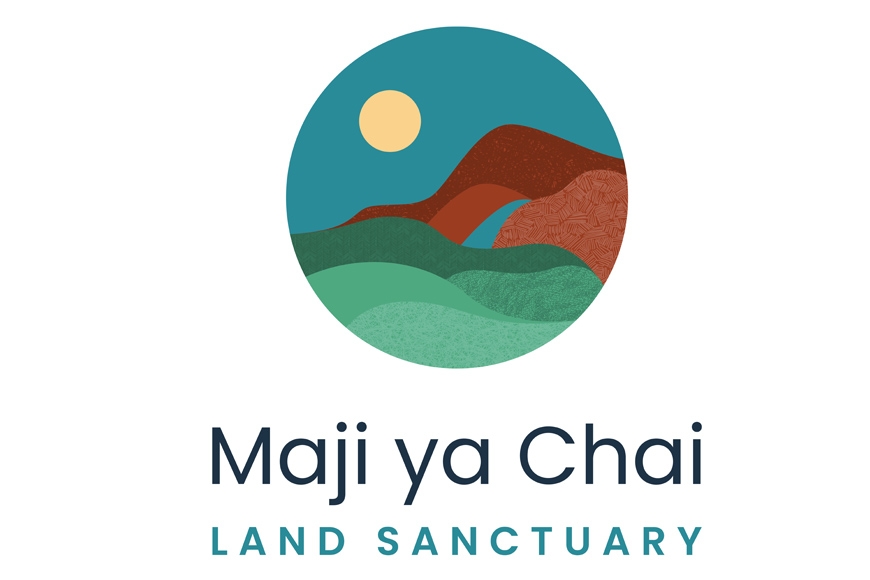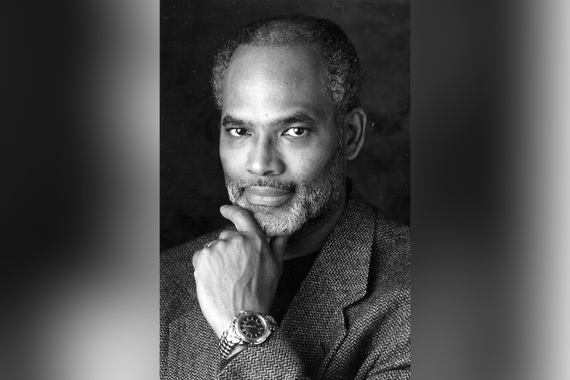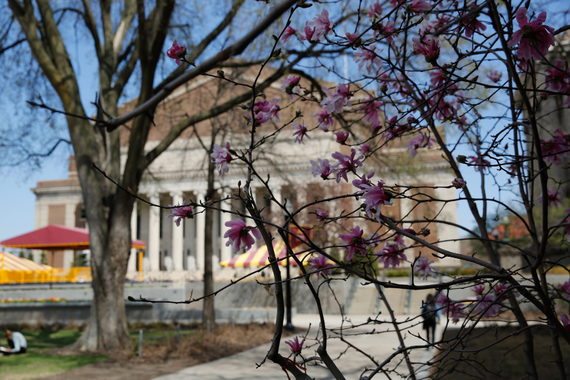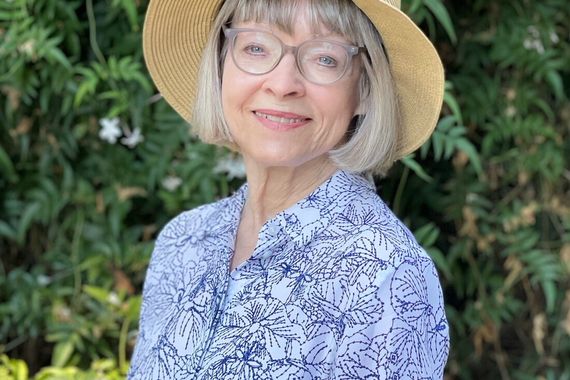Maji ya Chai: A Nature Sanctuary for BIPOC Healing
In Fall 2020, Maji ya Chai Land Sanctuary began its journey to create a space that will “provide a welcoming and accessible space in the North Shore region for Black, Native, and people of color of every generation to gather, rest, and connect with each other,” says Rebeka Ndosi, founder and executive director of the project. This space will also be used to address and heal from social and historical inequities in a safe environment.
Black-founded and led, Maji ya Chai Land Sanctuary is working toward Black liberation through their project to open a nature sanctuary for BIPOC healing, joy, and retreat. One of the three Hub Residencies during the 2021-2022 academic year, the organization will use the space for community-engaged design and planning leading up to the initiation of the sanctuary.
Mapping it Out
This residency came to be when the Maji ya Chai Land Sanctuary partnered with the Environmental Humanities Initiative (EHI), a CLA unit devoted to research and innovation that works toward solving environmental issues through a humanistic approach. UMN students, project leaders, and healers will gather in the space for several meetings to collaborate with and inspire one another. The meetings will cover BIPOC healing; conversations about the issues of Black land ownership, design; and youth engagement. Since project leaders have no other physical space to conduct these meetings, the Hub will be key for project success.
COVID has proved a substantial roadblock in the use of The Hub space. “The pandemic has made gathering in person very challenging. As it rages on in Minnesota, we are choosing to keep our engagements and meetings virtual for the foreseeable future,” says Ndosi. Regardless, they plan to record all meetings and visits to the Sanctuary prior to its opening for a documentary that will be screened at the conclusion of the project.
A Place to Rest, Rejoice, and Heal
Maji ya Chai Land Sanctuary will be a supportive environment where Black, Native, and POC are welcome to rest and experience nature together. In this effort to provide a welcoming space for BIPOC healing, “we hope that we are one of many,” says Ndosi.
Once open, the sanctuary will be home to a retreat house, organic garden, and healing and practice center. In addition to retreats hosted by the Maji ya Chai Land Sanctuary organization, the space will also be available for guests to host gatherings, ceremonies, or retreats of their own. According to Ndosi, people will be able to experience the support and care that is necessary to heal communities and have their voices be heard while in the unique natural environment found on Anishinaabe land in northeast of Mni Sota Makoce (Minnesota), in relationship to Gitchi Gami (Lake Superior).
Learn more about the Maji ya Chai Land Sanctuary project on their website.
The Liberal Arts Engagement Hub
This project is one of The Hub Residencies for the 2021-22 academic year. The Liberal Arts Engagement Hub seeks to facilitate reciprocal and trusting partnerships between humanistic scholars in the arts, humanities, and social sciences and the community to respond to important social challenges.
Hub Residency partners in this project include: Rebeka Ndosi, founder and executive director Maji ya Chai Land Sanctuary, and Abimbola Asojo, lead designer for Maji ya Chai Land Sanctuary and associate dean for research, creative scholarship, and engagement and professor of interior design College of Design.



